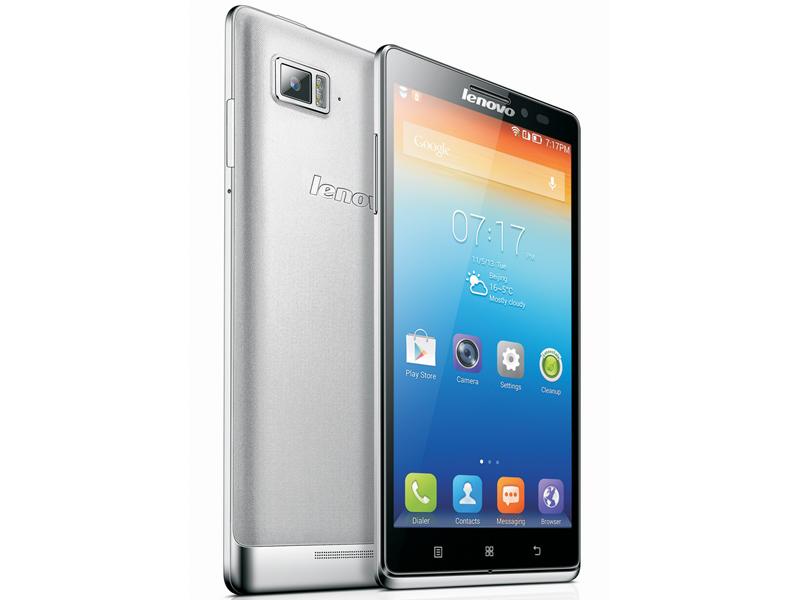
The weekend is over, and we're starting a brand new week. It's only the second week of January, but even if you don't think time's flying quite yet, at least there's something noteworthy about this particular week. What's that? Well, the Consumer Electronics Show, of course! That's right, over the course of this week, technically before and after the show proper, we'll be seeing all sorts of cool things being unveiled by companies both small and large. Ranging from drones, to washer and dryer combos, to whatever else people can think of, CES is a melting pot where all sorts of new devices and gadgets are unveiled.
It's also a place where companies unveil new phones and tablets, too. While CES is mostly known for its wide array of gadgets, it's been known to house the launch of a new handset here and there as well. Of course, as the majority of companies have moved away from these big shared events to focus more on their own announcements, the new smartphone announcement has basically been tendered to "smaller" companies in the mobile space.
Specifically, companies that don't have a huge name here in the United States when it comes to their smartphones.
CES is a surefire way to make sure that their handsets get some hands-on time, some focus here in the States, even if they never actually formally launch here. It drums up interest, which they'd probably never get otherwise. At least, that's certainly the case in years past. This year, though, especially with the high-end devices we're sure to see, these companies could definitely see some more attention well after the end of CES.
With a bigger focus on unlocked, carrier-unbranded devices in 2014, I can't help but wonder if these companies have a bigger shot than ever to upset the status quo. To really change things up, more or less. We've already seen Motorola, Google, LG (by extension) and others like Oppo and BLU put a big focus on unlocked devices, which has brought attention to the market as a whole. Companies like Huawei, Archos, ZTE and Lenovo could definitely grab onto that movement if they created handsets worth the attention.
And yes, those companies will have a presence at CES 2014. In fact, both ZTE and Lenovo announced new phones before the event even started. What's more shocking, though, is that these handsets may actually be worth a second look, even if it is just a preliminary one at this point. Lenovo was up-front about the release of their high-end device, the Vibe Z, and that it will cost around $549 when it launches in February of this year. However, there's no word on whether or not it'll get launched here in the States. ZTE, on the other hand, hasn't announced when its high-end handset, the Grand S II, will fall onto shelves, or for how much you'll have to pay out to get your hands on it.
The truth is, high-end devices are becoming more common, and their price tags have a lot of wiggle room these days. It isn't an absolute that a company will price their new device, sans a contract, incredibly high anymore. High-end doesn't have to mean high price tag. So if ZTE, Lenovo, Huawei and Archos can jump on that bandwagon, and make their devices available here in the States with LTE-connectivity (especially for more than one carrier), I could see them making some waves.
But would it be enough to actually make a change to the mobile landscape? Would Samsung, or Apple or even HTC, have anything to worry about these companies here in the States? Or are these just small brands, picking away at the bottom? Let me know what you think.